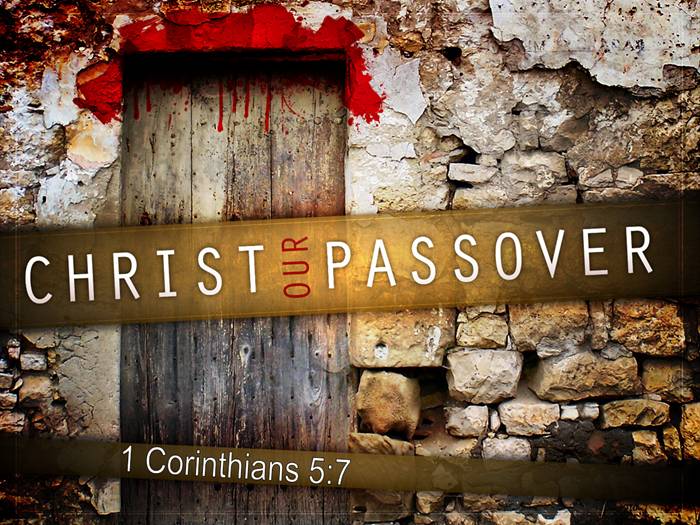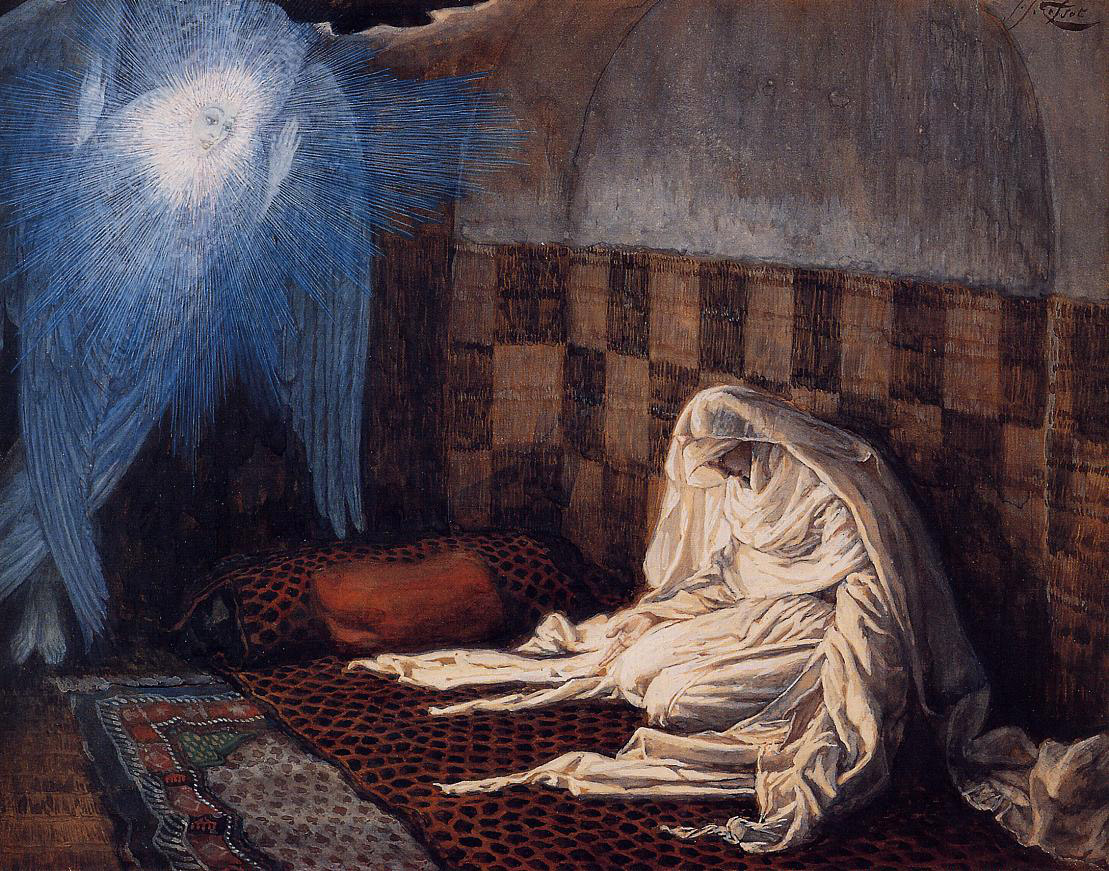
Today is the Feast of Pope St. Pius V, a priest of the Order of Preachers. Pius V governed the Church during a most tumultuous period, not unlike our own. It is fair to say though, that it is worse today. In his day, the heretics and malefactors were principled men of a modicum of integrity, they left the Church and started their own in their own images. "This time," as Hans Kung reporting remarked a half century ago, "we are not leaving,"
Pius V codified the Roman Missal and promulgated as the norm throughout the Latin Church. This is the Missal we still use today according to Tradition.
The prayer in the Office and Collect of the Mass today is one that should be said aloud by all.
V. O Lord, hear my prayer.
R. And let my cry come unto thee.
Let us pray.
O God, Who when Thou wast pleased to break the teeth of them that hate thy Church, and to restore again the solemn worship of thyself, didst choose the blessed Pope Pius to work for thee in that matter, grant that he may still be a tower of strength for us grant that we also may be more than conquerors over all that make war upon our souls, and in the end may enter into perfect peace in thy presence.
Through Jesus Christ, thy Son our Lord, Who liveth and reigneth with thee, in the unity of the Holy Ghost, ever one God, world without end.
R. Amen.
On a personal note, the hypocrisy of some has never rung louder than yesterday.
Some will discern that of which I write.







